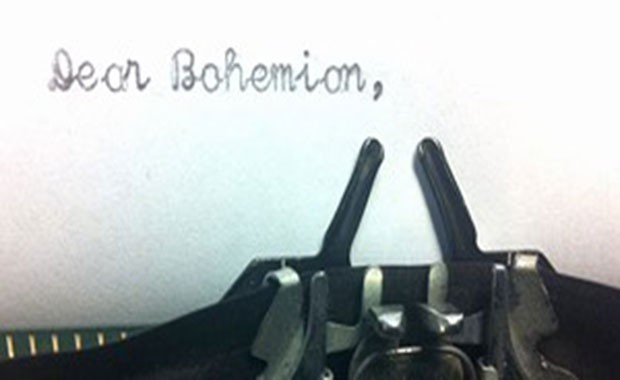More Beef with ‘Beef’
It is unfortunate that Stett Holbrook waited until the very end of his article “Eat More Beef” (Oct. 22) to bring up the most interesting—and disturbing—aspect of this story. Nicolette Hahn Niman urges others to eat meat, but “when pressed,” admits that “she feels too strongly about animals to eat them.” Hahn Niman admits she’s a vegetarian due to her “really strong affinity for animals,” implying that anyone with a strong affinity for animals would be uncomfortable choosing to eat them. It seems some part of Hahn Niman feels it’s wrong to kill an animal no matter how good meat may be.
Stett Holbrook barely scratches the surface of this blatant contradiction. Why? Isn’t this exactly the kind of disturbing disconnect that journalists are supposed to investigate?
Petaluma
Compassion is what one feels in response to the suffering of others, and it motivates a desire to help. Compassion is often regarded as having an emotional aspect to it, though when based on cerebral notions such as fairness, justice and interdependence, it may be considered rational in nature and its application understood as an activity based on sound judgment. The etymology of “compassion” is Latin, meaning “co-suffering.”
More involved than simple empathy, compassion commonly gives rise to an active desire to alleviate another’s suffering. Compassion is often, though not inevitably, the key component in what manifests in the social context as altruism. In ethical terms, the expression down the ages of the so-called Golden Rule often embodies the principle of compassion: Do to others what you would have them do to you.
Compassion is considered in almost all the major religions as among the greatest of virtues. Compassion is what is missing in the cover story of the Oct. 22 issue of the Bohemian. For myself and for the millions of others who work to free the other animals from our abattoirs, feedlots, heifer huts, auction yards and other places of exploitation, compassion is a great freeing of the soul.
Cowspiracy: The Sustainability Secret will be playing Thursday, Nov. 6, at the Summerfield at 6:30pm. Strengthen your compassion by joining us.
Sebastopol
The author of Defending Beef loses a lot of credibility even before the first page by misuse of the word “sustainable.” Most environmental scientists agree we are way past our sustainability level with regard to the human population and the resources we consume, even under the best of circumstances.
The fact that we are in the beginning to middle stages of a mass extinction event belies the reality of our unsustainable population. Are we really supposed to believe that eating beef produced the way Nicolette Hahn Niman says it should be will do anything to stop that mass extinction? The main threat to the environment from anthropogenic sources these days is loss of biodiversity. Beef ranchers have a reputation for shooting mountain lions or any other animal that threatens their herd. Is that good for biodiversity?
The United Nations is not the only group doing research on CO2 emissions from livestock. According to a team of scientists led by Akifumi Ogino from the National Institute of Livestock and Grassland Science in Tsukuba, Japan, the production of one kilogram of beef causes the same amount of greenhouse gas as driving a car 160 miles. And those calculations do not include emissions from managing the farm equipment and transporting the meat.
If the Nimans don’t want to believe the researchers at the U.N., let us try another source. Researchers at the University of the Netherlands say takes about 50 times the amount of water to get the same amount of protein from a cow as it does from vegetable sources. In these times of extended drought, the choice is obvious for me.
In my range-management class at the SRJC, we went on a field trip to Joe Pozzi’s beef ranch. According to Mr. Pozzi, if you are raising cattle in Sonoma County, you will have your cows on grain 120 days a year. It takes 15 times the amount of grain fed to a cow to get the same amount of protein from a vegetable source. If you apply the 120/364 ratio to the 15 times amount, you still come up with five times more grain production to get your protein from beef. Since agriculture is the No. 1 cause of water pollution, the eating beef argument still isn’t very appetizing, environmentally speaking.
All things considered, I still have no reason to alter my diet and still take great pride when I tell people that I haven’t eaten any red meat since 2006.
Santa Rosa
Shock and Disgust
The cover of your fall literature Issue was so woman-hating and insulting that I was shocked to see it. I can’t imagine the reasoning that went into perpetuating impending rape against a woman. I guess you thought it was enjoyable for some men. But you disgust and turn off women with your detestable picture.
Sebastopol
Write to us at [email protected].











